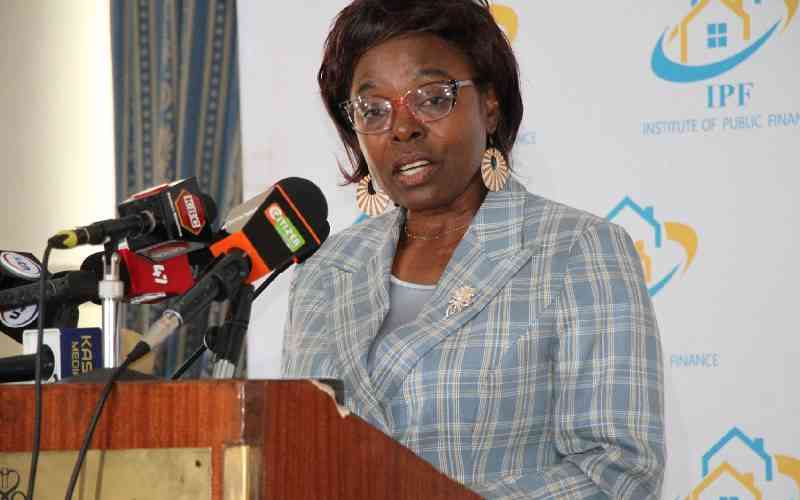×
The Standard e-Paper
Fearless, Trusted News
By Juma Kwayera
Kenya’s slide into ignominy continues with the latest Mo Ibrahim Index on governance placing it at position 22, lumping it together with minnows like Eritrea, Chad and Central African Republic.







